Chinese-linked mining firms sued over 'ecological catastrophe' in Zambia
West African summit on Niger coup weighs diplomacy against intervention
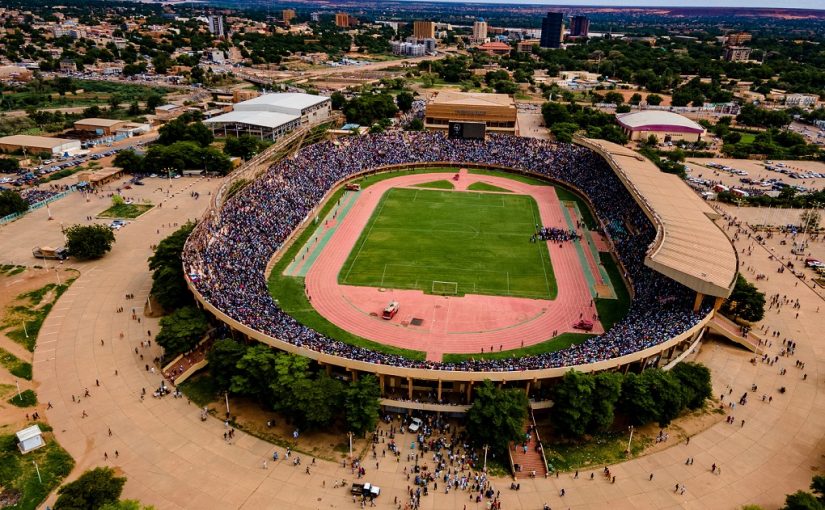
FILE - General view as supporters of Niger's coup leaders take part in a rally at a stadium in Niamey, Niger, August 6, 2023. [File photo: Reuters/Mahamadou Hamidou]
Nigeria’s President Bola Tinubu said West African leaders should try all diplomatic routes to ensure a swift return to constitutional rule in Niger, including dialogue with the coup leaders there, as a summit of heads of state began on Thursday.
The Economic Community of West African States (ECOWAS) must decide how to respond to the junta, which defied an Aug. 6 deadline to stand down, instead closing Niger’s airspace and vowing to defend the country against any foreign attack.
ECOWAS defence chiefs last week drew up plans for possible military intervention in Niger, which the heads of state will consider at their summit in the Nigerian capital Abuja, but Tinubu set a more conciliatory tone in his opening remarks.
“In reaffirming our relentless commitment to democracy, human rights, and the well-being of the people of Niger, it is crucial that we prioritise diplomatic negotiations and dialogue as the bedrock of our approach,” he told the heads of state, speaking in his capacity as ECOWAS chair.
“We must engage all parties involved, including the coup leaders, in earnest discussions to convince them to relinquish power and reinstate President (Mohamed) Bazoum,” Tinubu said.
He described the July 26 army takeover in Niger, West and Central Africa’s seventh coup in three years, as a threat to regional stability and said all avenues of engagement must be exhausted to ensure a swift return to constitutional governance.
So far, the coup leaders have given little sign that they were prepared to back down or engage in meaningful negotiations.
They have rebuffed several diplomatic delegations, and hours before the summit in Abuja they named a new government in an apparent move to entrench their position and present themselves as a legitimate government for Niger.
The mood on the streets of Niamey was calm, though most people there were aware of the summit in Abuja and were watching out for developments, Reuters reporters in the city said. Many residents were supportive of the junta and critical of ECOWAS for imposing sanctions on Niger and weighing armed intervention.
“If they attack the army, they will first have to attack us, the people of Niger,” said Kadidja Kassoum, calling on ECOWAS to scrap the sanctions and renounce any military plans.
The coup was triggered by internal politics but it has evolved into an international entanglement, with ECOWAS, the United Nations and Western countries putting pressure on the junta to stand down, while military governments in neighbouring Mali and Burkina Faso have vowed to defend it.
Strategic importance
Western powers fear Niger’s coup leaders could follow Mali’s footsteps and seek help from Russia’s Wagner Group, which the U.S. has designated a transnational criminal organization. Wagner’s chief, Yevgeny Prigozhin, has welcomed the coup in Niger and said his forces were available to restore order.
Despite being one of the world’s poorest countries, landlocked Niger, which is more than twice the size of France, has strategic importance as the world’s seventh-largest producer of uranium, a crucial material for nuclear power.
Until the coup, it was also an important ally of the West in a region where other countries have turned against former colonial power France in favour of closer ties with Russia.
U.S., French, German and Italian troops are stationed there as part of an international struggle against a long-running Islamist insurgency that spread across the Sahel from Mali displacing millions and causing a hunger crisis.
Prior to the coup, Niger had fared better than its neighbours Mali and Burkina Faso in stemming the violence.
Following a pattern seen after the coups in those two countries between 2020 and 2022, the junta in Niamey has engaged in vitriolic anti-French rhetoric, seeking to blame France for Niger’s problems and accusing it of a range of violations of sovereignty, which Paris has denied.
Overnight, the junta unveiled a new government on television without specifying any further plans.
Mahamane Roufai Laouali, who was presented as “Secretary General of the Government”, named 21 ministers. Among them, three leaders of the military takeover were named ministers of defence, interior and sports.
Former Finance Minister Ali Mahamane Lamine Zeine, who had been named prime minister on Monday, was appointed finance minister.
Niger’s previous government had 43 ministers of whom none were military officers.
The newly appointed government was not present at the Abuja talks, where Niger was represented by Bazoum’s foreign affairs minister, Massoudou Hassoumi.
Separately, U.N. Secretary-General Antonio Guterres voiced concern about Bazoum and his family after his party reported that they were being detained at the presidential residence without electricity or running water, and had gone days without fresh food.


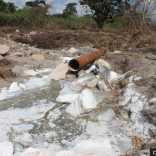
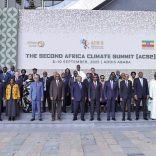

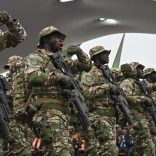

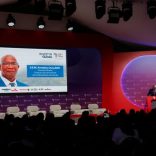




Leave a Reply
Be the First to Comment!
You must be logged in to post a comment.
You must be logged in to post a comment.